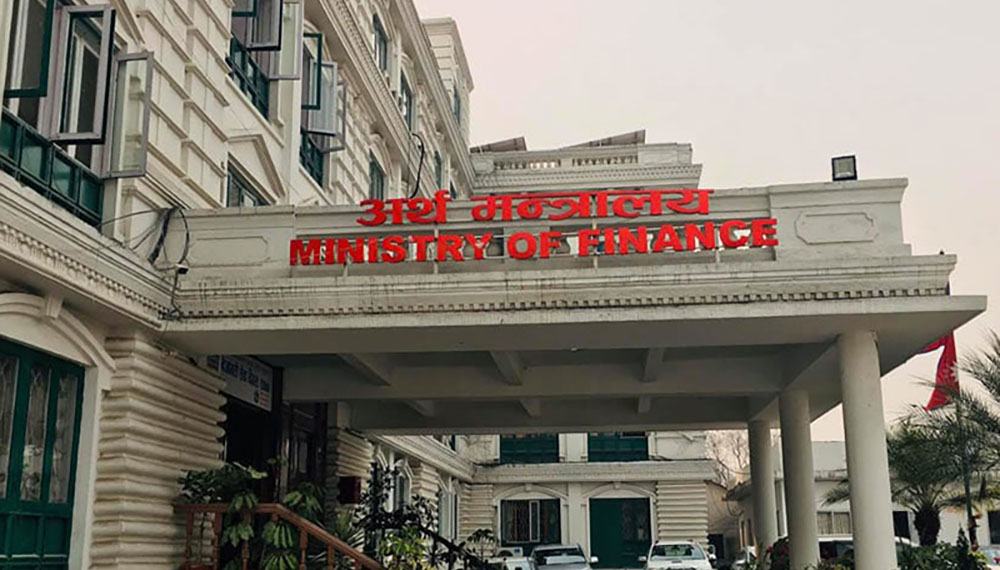

KATHMANDU: The interim government has introduced a set of strict measures aimed at reducing unproductive expenditures, limiting unnecessary foreign trips, and promoting fiscal discipline across federal, provincial, and local agencies.
In a cabinet meeting held on September 21, the government decided to halt non-essential foreign visits and impose limits on official delegations.
Delegations led by the Head of State or Head of Government for international conferences are now capped at 10 members, while other government-funded delegations are limited to 3 members.
The move is intended to cut current expenditures and ensure that government representation abroad occurs only when absolutely necessary.
As part of the same initiative, separate office spaces will no longer be provided for ministers and other political officeholders’ personal secretariats.
Employees of these secretariats will not be granted vehicles, foreign travel, or other physical facilities.
Additionally, trainings, workshops, and seminars will not be conducted unless essential, and wherever possible, programs will be held online to save costs.
The government has also directed all subordinate agencies to implement wider fiscal discipline measures.
Officials and employees will not receive meeting allowances for regular duties, except for legally mandated committee work held outside office hours. Those using private residences, whether government-owned, personal, or family-owned, will not receive housing allowances.
Consultancy services will be strictly regulated. Tasks achievable by existing staff cannot be outsourced, and consultancy will not be used for drafting bills, rules, regulations, guidelines, or standards.
Expenditure for capital research and consultancy will only be allowed if certified by the accounting officer that in-house staff cannot complete the work.
Utilities such as water, electricity, and communication services must be used judiciously, with employees regularly checking for unnecessary consumption.
Government offices will avoid renting properties with excessive rooms or facilities, and diplomatic missions abroad will avoid residences in commercial hubs or major roads.
Officials are also encouraged to continue using old vehicles, electronics, furniture, and other equipment.
Damaged assets from past periods of unusual circumstances, including the People’s Movement, should be transferred between offices for reuse, with approval from office heads.
The government will also begin insuring public physical infrastructure to safeguard investments.
The Ministry of Finance emphasized that these measures, covering foreign travel, allowances, consultancy, and operational efficiency, are part of a broader strategy to reduce unproductive spending, ensure efficient resource utilization, and instill a culture of fiscal responsibility across all levels of government.